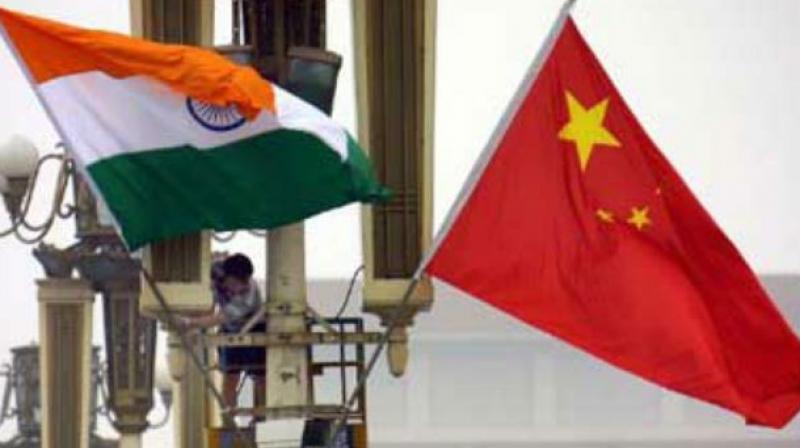invading their territory and said that India will have to pay a ‘heavy price’ for it.Recent reports from Tibet have suggested that last Saturday’s clash between the two nation’s troops, the second major clash in three months since the Galwan Valley Skirmish in June, has resulted in injuries to 30 Chinese soldiers and the death of an Indian Special Frontier Force commando.
Following the clash, the Indian Army has been successful in gaining a strategic regional advantage over their Chinese counterparts, by occupying the heights of the South Bank of the lake. This comes at the back of the Chinese placing a heavy military presence on the ridges or the Finger 4-8 area since the dawn of the year.
Chinese military experts have now warned the Indian side that the recent track of events has not gone unnoticed by the People Liberation Army (PLA), and the country could face backlash over the move.
“These high-profile activities showed that the Indian military and its government leaders are extremely sure of themselves, and even more sure than in the Doklam stand-off in 2017, and China must prepare for long-term tensions on the border, but if Indian troops invade Chinese territory and attack Chinese troops, no matter what kind of pressure China is facing to the east, India will surely pay a heavy price.” said Chinese military analysts, while speaking to Global Times, a daily newspaper under the auspices of Chinese Communist Party (CCP).
Repeated attempts of finding a peaceful resolution to the border dispute by the delegates of the two sides have all gone in vain, with the Indian side accusing the Chinese of not following their planned mapping of operations.
And, despite Indian military officials repeatedly warning that Beijing could force India to exercise its military resolve, experts in China suggest that the threats are just a means to force China to compromise.
Lin Minwang, Deputy Director, Center for South Asian Studies at Fudan University, says,
“India still wants to negotiate rather than start a war, and its aggressive military activities are serving their purpose of keeping the border situation tense and forcing China to compromise, but it seems like they don’t understand why China won’t accept India’s claims,”
Lin also states that India through its recent provocations has been trying to take undue advantage of the Chinese and has urged Beijing to not make any compromises with the dealings with New Delhi.
“China and India have different claims along the LAC, and the recent provocations prove that India wants to gain more unrealistic concessions from China. Through a series of negotiations after the conflict on June 15 causing casualties on both sides, Chinese and Indian soldiers have disengaged in some regions such as the Galwan River valley, but India still wants Chinese troops to retreat from more regions like Pangong Tso Lake and Reqin Mountain to accept the “LAC” drawn by the Indian side,”
This is totally unfair and overcharged,” and if China accepts these claims and pulls back its troops from its own territory under military pressure from India, Indian troops would keep pressing forward and its provocations and aggressive posture would be endless, so that’s why China is furious this time and refuses to make any compromises.” said Lin
In a bid to put an end to the current stalemate, it has been reported Indian Foreign Minister Rajnath Singh will meet his Chinese counterpart, General Wei Fenghe on the sidelines of the Shanghai Cooperation Organisation (SCO) ministerial in Moscow, their first major political contact in four months.
































